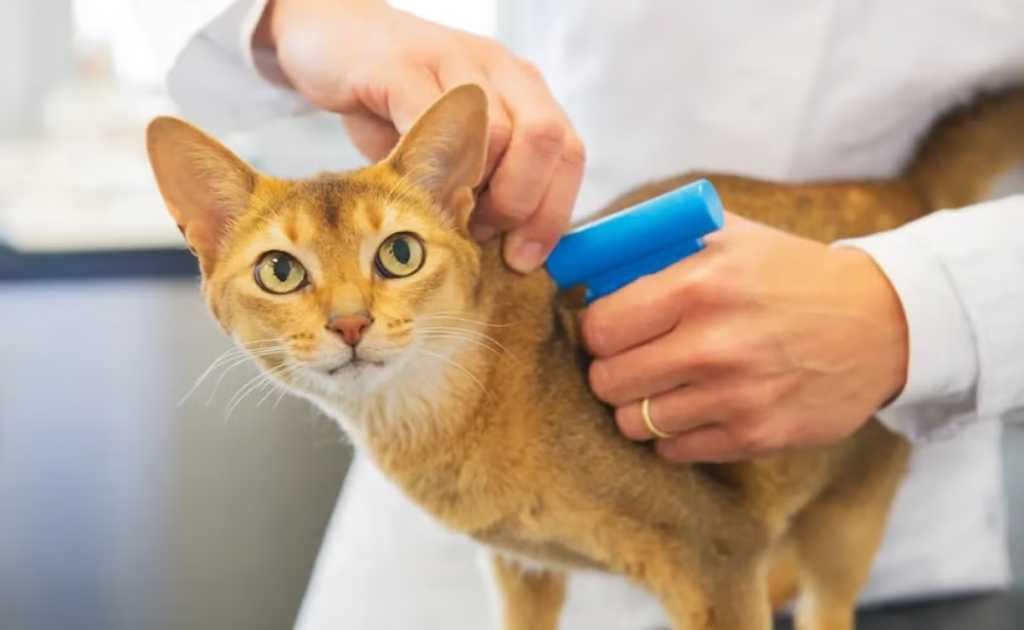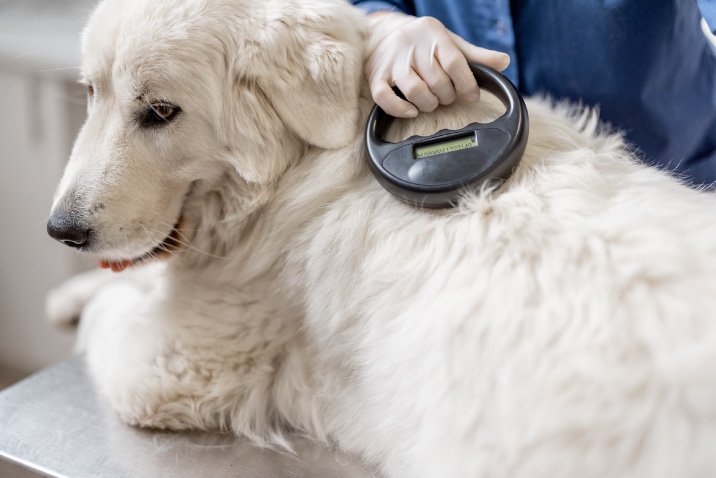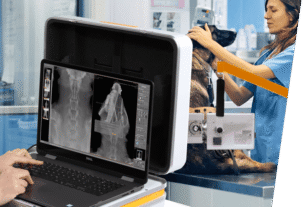*Introduction (Global Impact)
An extraordinary case in Colorado, USA, moved the world: Max, a 5-year-old Golden Retriever, was found alive after 15 days lost in a forest thanks to a GPS chip implanted under his skin. The device, from the PetTracer Pro brand, emitted a critical signal when the dog was 32 km from where he disappeared. This incident not only went viral on social media, but also reignited the global debate about the role of technology in animal safety – a market that is expected to grow to $1.2 billion by 2027, according to Statista.
*In this article, we will explore:
✔️ How GPS chips for pets work – and why they are different from conventional microchips. ✔️ Real cases of successful rescues in Brazil and the USA (data updated 2024).
✔️ The future of Vet Tech: wearables for animals and integration with AI.
✔️ A necessary warning: limits of technology and how to choose the best device.
*1. The Case of Max: A Technological Rescue
Incident Details (Updated on 06/15/2024)
Max ran away during a walk in Rocky Mountain National Park when he was scared by a bear. After 48 hours of searching, his owners activated the chip’s emergency mode, which began to emit location signals via satellite. Rescue teams found the dog dehydrated, but alive, near a stream.

*Impressive data:
-83% of pets with GPS are recovered within 72 hours (Source: PetTech Journal, 2024).
-In Brazil, the startup PetSecure reported a 200% increase in sales of tracking chips after similar cases.
🔗 “Read our exclusive article about the ScanPet X1: the first portable X-ray for pets – another innovation that is saving lives in veterinary clinics.”
*2. GPS Chips vs. Microchips: What’s the Difference?

*3. The Vet Tech Market: Global Trends (2024)
-Wearables for pets: Watches that monitor heart rate (e.g.: FitBark).
-Rescue drones: Used in Australia to search for animals in fire areas.
-Integrated AI: Systems like PetVision AI analyze GPS data to predict escape routes.
🔗 “If the GPS chip is the present of animal rescue, AI is the future of diagnostics. See the parallel in our article: The Artificial Intelligence Revolution in Veterinary Medicine in 2025:

*FAQ: Frequently Asked Questions
*Do GPS chips hurt animals?
-No! Implantation is as simple as a vaccine.
*What is the average battery life?
-From 2 to 5 years (premium models).
*Do they work on cats?
-Yes, but lightweight models are recommended (e.g.: Tractive Mini).
*Conclusion:
Max’s story proves it: technology not only connects humans, it also saves animal lives. If you are a pet owner, have you considered a GPS? Tell us in the comments!




